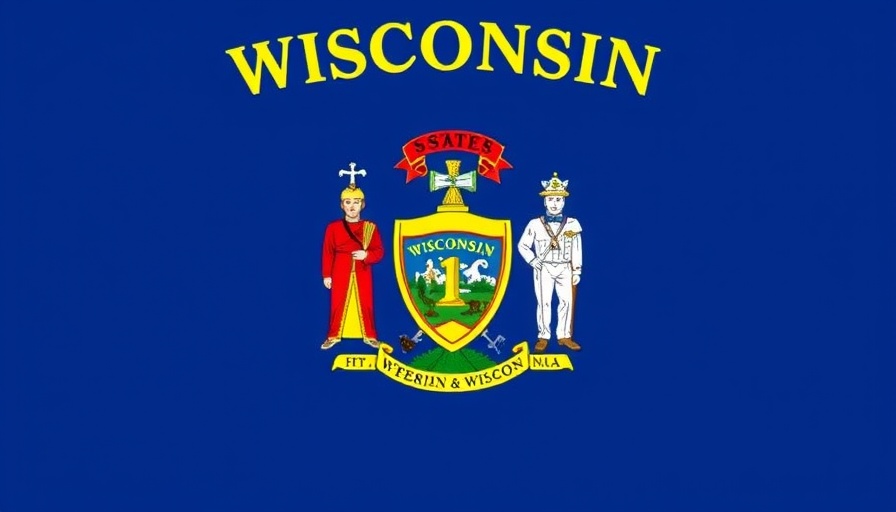
A Wake-Up Call: Measles Exposure in Wisconsin
Recent outbreaks of measles across the nation, including our beautiful state of Wisconsin, have raised alarms among residents and health officials alike. The Wisconsin Department of Health Services (DHS) is currently engaging in an important effort to identify and notify individuals who may have been exposed to measles due to an out-of-state traveler who visited our area on August 4, 2025. This communication serves as a critical reminder for everyone to be vigilant about their health and immunizations.
Key Locations and Actions
The DHS has pinpointed two particular sites where potential exposure occurred:
- Flying J Travel Center #470, 1191 70th Ave., Roberts, WI, from 7:15 a.m. to 10 a.m.
- Pilot Travel Center #289, 3001 Milwaukee Road, Beloit, WI, from 11:45 a.m. to 2:30 p.m.
Individuals who may have been at these locations during the specified times should urgently check their immunization status. The Wisconsin Immunization Registry (WIR) offers an easy way to access vaccination records, available in English, Spanish, and Hmong. If accessing records proves challenging, contact your healthcare provider or local health department for assistance.
Understanding Measles Symptoms
With symptoms typically developing 10-21 days after exposure, it is vital to be aware of the early signs. Symptoms include:
- Runny nose
- High fever (potentially above 104 F)
- Tiredness
- Cough
- Red, watery eyes
- A red rash that starts at the hairline and spreads to the arms and legs over several days
If you experience any of these symptoms, please stay home and avoid public places to protect others. Your role in preventing the spread of this highly contagious virus is critical.
The Importance of Vaccination
Measles is experiencing a resurgence in various parts of the country, reminding us of the importance of vaccination as the first line of defense. The MMR vaccine (measles, mumps, and rubella) is highly recommended for everyone. Generally, those born before 1957 are considered immune, but adults without documented immunity should ensure that they receive at least one dose. For children, two doses are necessary.
Fortunately, vaccination options are widely available—as our local health departments, clinics, and pharmacies provide the MMR vaccine. For those lacking insurance or whose plans do not cover vaccines, numerous programs like Vaccines for Children and Vaccines for Adults may offer assistance.
Engaging with Community Health Initiatives
At this critical juncture, it’s paramount to remember that every individual in Wisconsin has a role in promoting wellness and preventing disease. Engaging proactively with Wisconsin’s health initiatives can empower us all—be it through vaccination, attending health workshops, or participating in wellness events. Organizations such as Mental Health America of Wisconsin provide valuable resources to help residents stay informed and engaged.
In addition, community health programs across the state focus on preventive health care, nutrition counseling, and mental health support, creating a robust support system for every Wisconsinite. These programs reflect the growing commitment to health and wellness across Wisconsin.
Conclusion: Take Action Now
A potential measles exposure is a serious matter, and the most effective way to ensure community health is through vigilance and action. If you suspect you have been exposed or haven't yet vaccinated, take proactive measures today. Staying informed through Wisconsin health resources ensures you and your loved ones remain safe and healthy.
 Add Row
Add Row  Add
Add 




Write A Comment